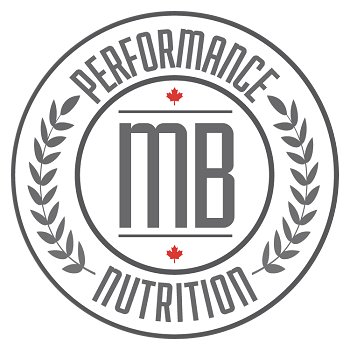Last updated on January 11th, 2024
Whether you’re trying to lose weight, build muscle or improve athletic performance this three step guide to nutrition will apply to you.
Step 1: Eliminate nutritional deficiencies
More than 80% of the population has at least one nutritional deficiency, and depending on the diet, can be deficient in up to 15 nutrients! Dietary deficiencies are very common and chances are you’ve got one no matter how good you think your diet is. The most common are:
- Water
- Vitamins and minerals
- Protein
- Essential fatty acids
Fixing a deficiency is pretty easy, once you know what symptoms to look for. If you need more support, book a consultation for a diet analysis to find out if you are deficient in any area.
What you can do about it:
- Drink 2L of water daily. Drink more if you consume a lot of caffeine, if you are working out or if you sweat a lot.
- Supplement with high quality multi vitamin and mineral complexes
- Consume more nutrient-dense foods and less calorie-dense foods
- Consume lean protein sources including vegetarian sources of protein
- Consume more Omega-3s and less Omega-6s
Until nutritional deficiencies are removed, the body won’t function properly and that makes any health or fitness goal a lot harder to achieve. Nutrient deficiencies will make you feel bad – low energy levels, sleep disturbances, headaches, mood swings, food cravings, weight gain, joint pain and more!
Step 2: Adjust food amount and type
Not all calories are created equal, the idea of calories in vs. calories out for weight loss does not work. It is about QUALITY of the calories not quantity. You can eat a 500 calorie dinner of chicken, brown rice and broccoli or eat a 500 calorie burger at McDonald’s and you are getting completely different nutritional value. In fact, the burger at McDonald’s will put you into a nutrient deficiency while the homemade dinner of chicken, brown rice and broccoli will provide a wide variety of nutrients.
What you can do about it:
- Men: At every meal, consume 2 palms of protein dense foods, 2 fists of vegetables, 2 cupped handfuls of smart carbs and 2 thumbs of fat dense foods.
- Women: At every meal, consume 1 palm of protein dense foods, 1 fist of vegetables, 1 cupped handful of smart carbs and 1 thumb of fat dense foods.
These are just general guidelines. Depending on your current health status and goals, your portion sizes may vary.
By filling your plate with the food you need to eat FIRST, you will not have room for the ‘bad’ food and you will be too full for it after your plate is finished. Eventually you start to lose cravings for the junk food because you do not have nutritional deficiencies and because your taste buds change.
Step 3: Fine tune details
- Eat slowly and chew your food properly until you are 80% full
- Never skip meals
- Listen to your own body and apply the “How’s that working for you?” test
- Keep mealtime peaceful. The digestive system shuts down under periods of stress. This includes eating when upset, eating on the run and eating while distracted by the computer or TV
- Do not drink with your meals as it will dilute your stomach acids and stall digestion, allowing food to ferment in the body causing gas and bloating
If optimal health and fitness is your priority, consider re-evaluating your drinking habits. Any level of drinking comes with health risks that should be considered. More than 7 drinks per week for women and more than 14 drinks per week for men is considered heavy drinking and increases the risk health problems involving the heart, brain, immunity, hormones, liver and metabolism.


